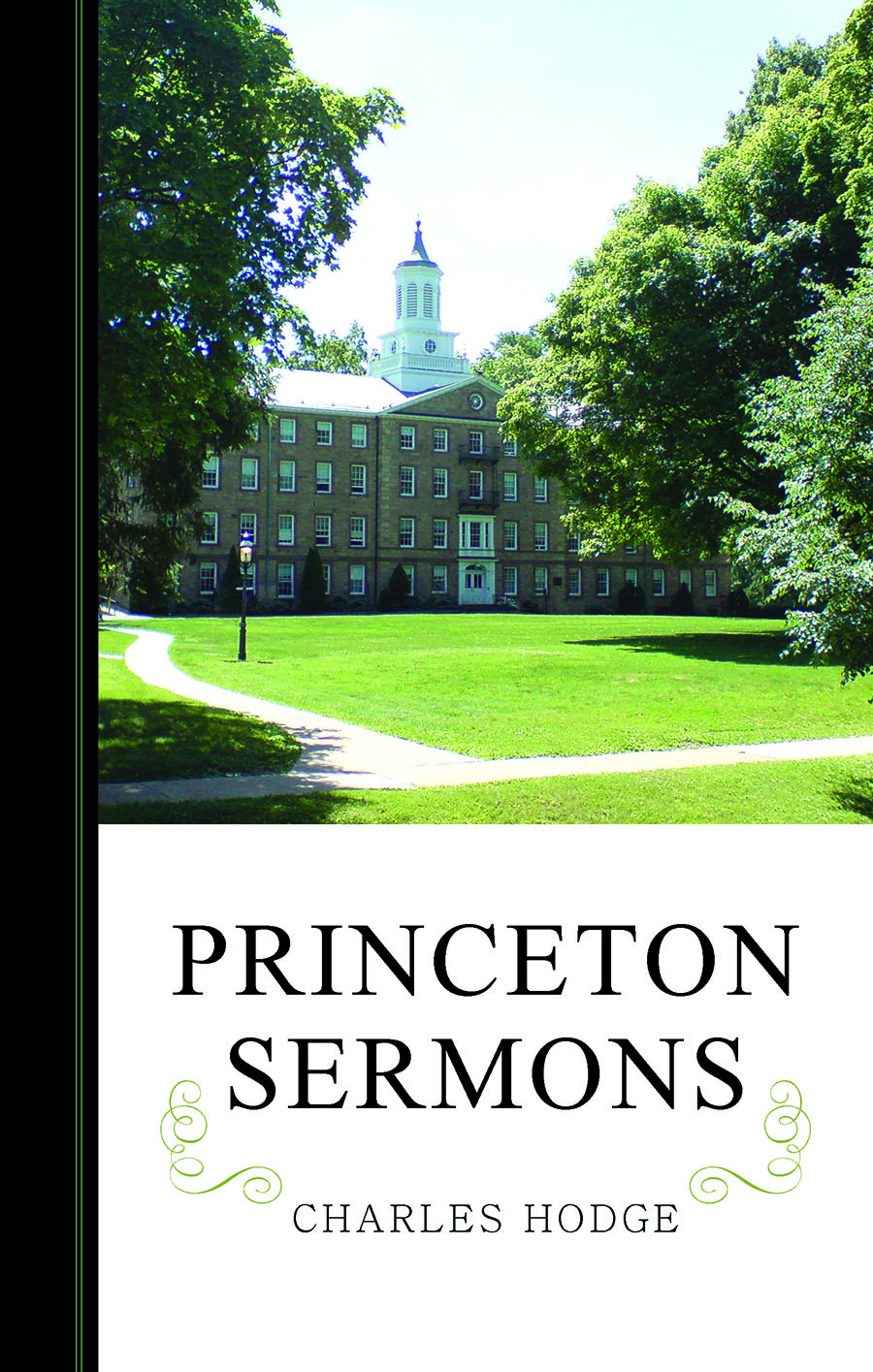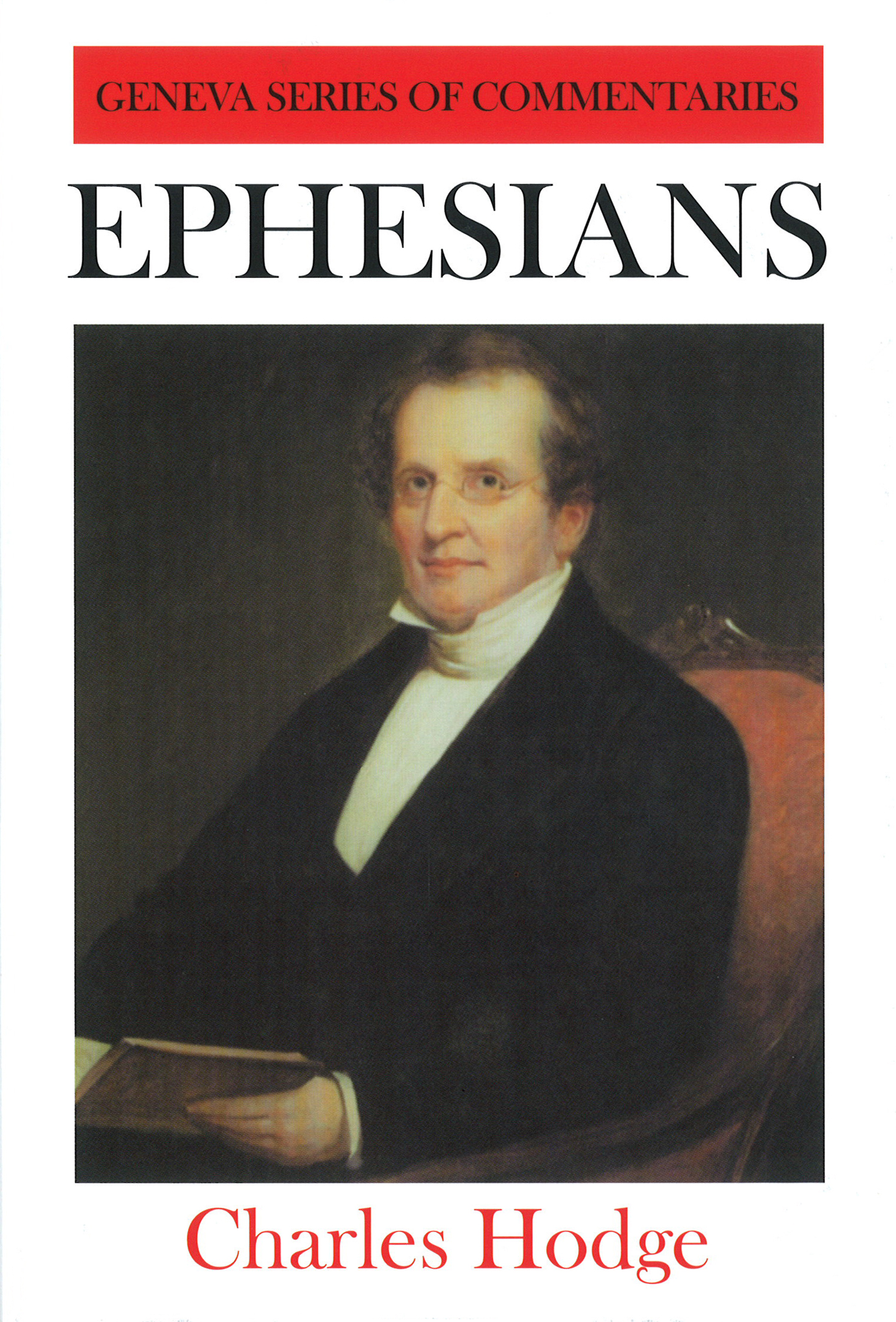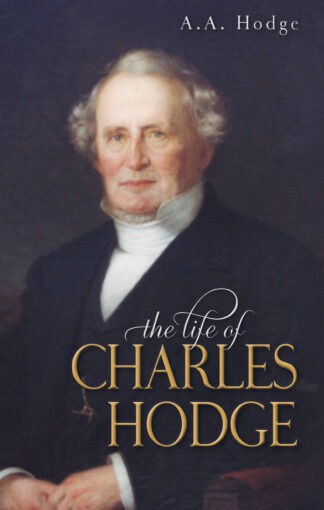Christ, the God of Christians
Little does it require proof that Christ is the God of Christians. In the New Testament all divine titles are given to him. He is called God, the true God, the great God, God over all, Jehovah. He is declared to be almighty, omnipresent, immutable, and eternal. He created heaven and earth; all things visible and invisible were made by him and for him, and by him all things consist. He upholds all things by the word of his power. This divine person became flesh; he was found in fashion as a man, and in the form of a servant. Having been born of a woman, he was made under the law, and fulfilled all righteousness. He redeemed us from the curse of the law by being made a curse for us. He bore our sins in his own body on the tree. He died the just for the unjust, to bring us unto God, and having died for our offences, and risen again for our justification, has ascended to heaven, where he is seated on the right hand of God, all power in heaven and earth being committed to his hands, and where he ever lives to make intercession for his people. This Christ, God and man, in two distinct natures and one person forever, was to the writers of the New Testament all and in all. He was their wisdom; from him they derived all their knowledge of divine things, and to his teaching they implicitly submitted. He was their righteousness; renouncing all dependence on their own righteousness, they trusted exclusively on the merit of his obedience and death for their acceptance with God. He was their sanctification. Their spiritual life was derived from him and sustained by him. They were in him as the branch is in the vine, or the members in the body, so that it was not they who lived, but Christ who lived in them. Without him they could do nothing; they could no more bring forth the fruits of holy living separated from him than a branch can bear fruit when separated from the vine, nor than the body can live when separated from the head. They felt themselves to be in him in such a sense, that what he did, they did. They died with him. They rose with him. What he is, they become. What he has, they receive, all in their measure—that is, as much as they can hold. They are filled with the fullness of God in him.
This being so, it follows, of course, that Christ was to them the object of divine worship and of all the religious affections, of adoration, of supreme love, of trust, of submission, of devotion. He was their absolute sovereign and proprietor by the double right of creation and redemption. Love to him was the motive, his will the rule, his glory the end of their obedience. It was Christ for them to live. Living or dying, they were the Lord’s. They enforced all moral duties out of regard to him; wives were to obey their husbands, children their parents, servants their masters, for Christ’s sake. Christians were commanded not to utter a contaminating word in a brother’s ear because he belonged to Christ; they endeavoured to preserve their personal purity, because their bodies were the members of Christ. The blessedness of heaven in their view consisted in being with Christ, in beholding his glory, enjoying his love, in being like him, and in being devoted to his services. It is a simple fact, that such was the Christianity of the writers of the New Testament. Their religious life terminated on Christ, and was determined by their relation to him. He was their God, their Saviour, their Prophet, Priest, and King; they depended on his righteousness for their justification; they looked to him for sanctification. He was their life, their way, their end. If they lived, it was for him; if they died, it was that they might be with him. They did not attempt to reform or to save men on the principles of natural religion, or by a process of moral culture. These had their place, but they are inadequate and absorbed in a higher moral power. Paul, in writing to Titus, speaking of Christians before their conversion, says: ‘They were sometimes foolish, disobedient, deceived, serving diverse lusts and pleasures, living in malice and envy, hateful, and hating one another. But after the kindness and love of God our Saviour toward man appeared, not by works of righteousness which we have done, but according to his mercy, he saved us, by the washing of regeneration and the renewing of the Holy Ghost, which he shed on us abundantly, through Jesus Christ our Saviour, that, being justified by grace, we should be heirs according to the hope of eternal life.’ They, therefore, laboured for the reformation and salvation of men by going everywhere preaching Christ as the only Saviour from sin.
What Christianity was in the hearts of the apostles, it has been in the hearts of Christians of all ages, and in all parts of the world. Of this, every Christian has the evidence in his own experience. Christ is to him both God and man—God manifest in the flesh; God surrounded by the rainbow of humanity, which softens, diversifies, and beautifies his rays. Christ he worships, trusts, loves, and obeys. Christ is his wisdom, his righteousness, his sanctification, his redemption. Christ is ever near him, so that he can be spoken to, appealed to, and communed with; a present help in every time of need. Christ is the Christian’s portion for time and for eternity. With Christ he has everything, and without him he has nothing.
The experience of one Christian is the experience of all. This is the conscious bond of their union. The hymns which live through all ages, are hymns of praise to Christ. All Protestants can join with St Bernard, when he says:
Jesus, the very thought of Thee,
With sweetness fills my breast;
But sweeter far Thy face to see,
And in Thy presence rest.
When once Thou visitest the heart,
Then light begins to shine,
Then earthly vanities depart,
Then kindles love divine.
Jesus, our only joy be Thou,
As Thou our prize shalt be;
Jesus, be Thou our glory now.
And through eternity.
What is true of the Christianity of the medieval saints, is true of believers now. Toplady’s hymn ‘Rock of Ages, cleft for me’, finds a response in every Christian heart. So does his hymn,
Compared with Christ, in all besides,
No comeliness I see;
The one thing needful, dearest Lord,
Is to be one with Thee.
Thyself bestow; for Thee alone,
I absolutely pray.
Less than Thyself will not suffice,
My comfort to restore.
More than Thyself I cannot have;
And Thou canst give no more.
Volumes might be filled with such proofs of what Christianity is in the hearts of Christians. It will be observed, it is not mainly Christ as a teacher, as an example, nor even as the expiator of our sins—it is not mainly what he has done that is rendered thus prominent; but what he is. He is God clothed in our nature, ever with us, ever in us—our life, our present joy, our everlasting portion; the one to whom we owe everything, from whom we derive everything, who loves us with a love that is peculiar, exclusive (that is, such as he entertains for no other class of beings), and unspeakable.
This article is an extract from ‘Christianity without Christ’, The Presbyterian Quarterly and Princeton Review, Vol. 5 No. 18 (1876), pp. 352-62; reprinted in James M. Garretson ed., Princeton and the Work of the Christian Ministry (Edinburgh: Banner of Truth, 2012), Vol. 2 pp. 286-97. It was first published in this format the November 2012 edition of the Banner of Truth magazine.
More from Hodge

Princeton Sermons
Outlines of Discourses, Doctrinal and Practical
Description
Little does it require proof that Christ is the God of Christians. In the New Testament all divine titles are given to him. He is called God, the true God, the great God, God over all, Jehovah. He is declared to be almighty, omnipresent, immutable, and eternal. He created heaven and earth; all things visible and invisible were made […]

Description
Little does it require proof that Christ is the God of Christians. In the New Testament all divine titles are given to him. He is called God, the true God, the great God, God over all, Jehovah. He is declared to be almighty, omnipresent, immutable, and eternal. He created heaven and earth; all things visible and invisible were made […]

Description
Little does it require proof that Christ is the God of Christians. In the New Testament all divine titles are given to him. He is called God, the true God, the great God, God over all, Jehovah. He is declared to be almighty, omnipresent, immutable, and eternal. He created heaven and earth; all things visible and invisible were made […]
Latest Articles
On the Trail of the Covenanters 12 February 2026
The first two episodes of The Covenanter Story are now available. In an article that first appeared in the February edition of the Banner magazine, Joshua Kellard relates why the witness of the Scottish Covenanters is worthy of the earnest attention of evangelical Christians today. In late November of last year, on the hills above […]
A Martyr’s Last Letter to His Wife 11 February 2026
In the first video of The Covenanter Story, which releases tomorrow, we tell the story of James Guthrie, the first great martyr of the Covenant. On June 1, the day he was executed for high treason, he coursed the following farewell letter to his wife: “My heart,— Being within a few hours to lay down […]
